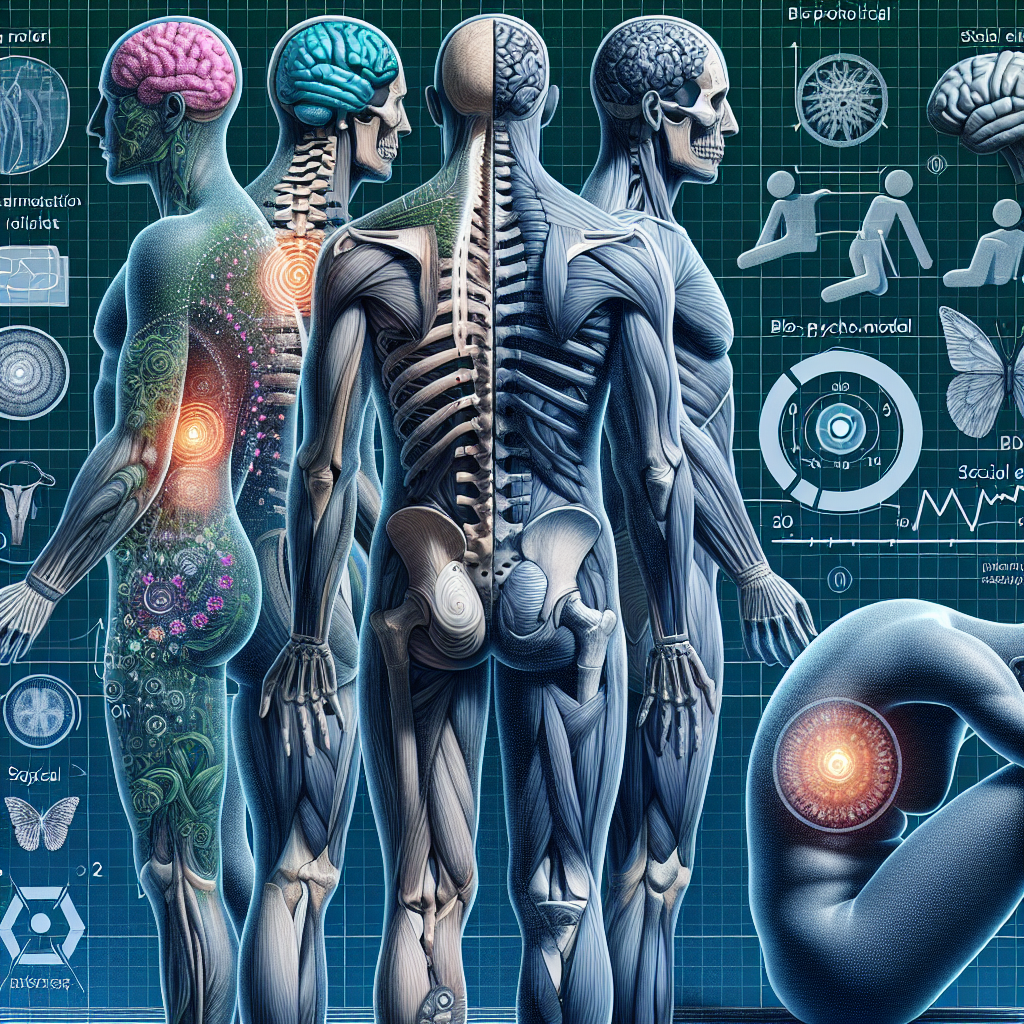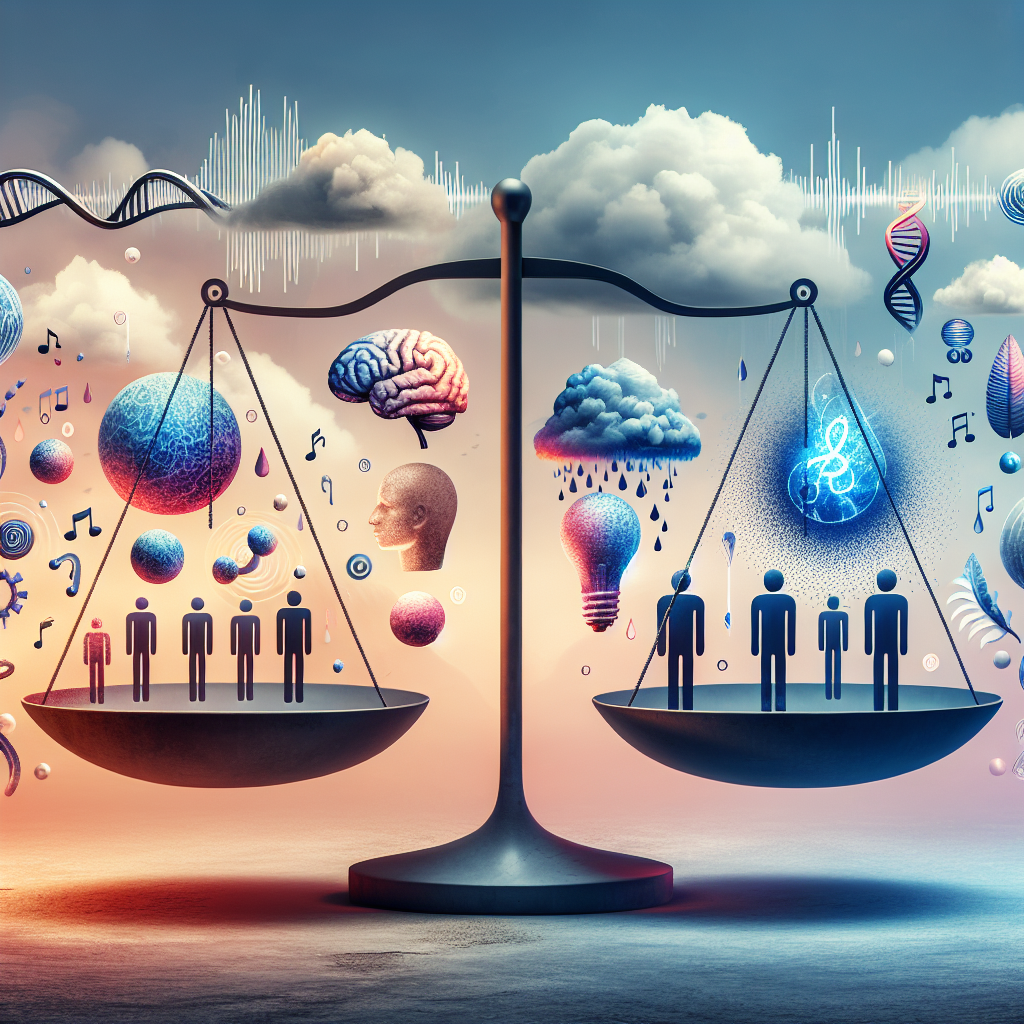How Your Life Story Influences Your Pain and Injuries: A Fresh Perspective
- DM Sports and Remedial Massage

- Sep 4, 2024
- 2 min read
In the realm of pain and injuries, the conventional approach often focuses solely on the physical aspects - the specific body part affected, the nature of the injury, and the expected recovery timeline. However, a new lens through which to view pain and injuries is emerging, it's one that recognises the connection between our personal stories and our physical well-being. This fresh perspective encompasses the bio-psycho-social model, a holistic framework that acknowledges the interconnectedness of biological, psychological, and social factors in shaping our experiences with pain and injuries.
Understanding the Bio-Psycho-Social Model
Biological Factors: These are the physical aspects of pain and injuries, such as tissue damage, inflammation, and neurological issues. The biological component is very important in understanding the mechanics of pain and the physiological processes involved in the healing of injuries.
Psychological Factors: Our thoughts, emotions, and behaviors play a significant role in how we perceive and cope with pain. Psychological factors like stress, anxiety, fear, and past experiences can influence the severity of pain and the duration of recovery from injuries.
Social Factors: The people around us, our support systems, cultural beliefs, societal norms, are all part of the social dimension that impacts our experience of pain and injuries. Social support can be a major determinant of how well individuals adapt to and recover from physical challenges.
The Role of Your Life Story
Our life stories - the sum of our experiences, traumas, triumphs, and relationships - shape how we perceive pain and injuries. These narratives are deeply intertwined with the bio-psycho-social model:
- Biographical Influences: Childhood traumas, previous injuries, and genetic predispositions can influence our susceptibility to pain. Understanding our biological heritage can shed light on why we may be more prone to certain types of injuries or chronic pain conditions.
- Psychological Narratives: The stories we tell ourselves about pain - "I'm weak," "I'll never recover," "I deserve this" - have a direct impact on our pain experiences. By reframing these narratives through introspection and cognitive interventions, we can alter our pain perception and improve our resilience.
- Social Context: Family dynamics, friendships, work environments, and societal expectations all contribute to the social fabric that either supports or hinders our recovery from injuries. Building a strong social network and seeking community resources can play a vital role in facilitating healing and rehabilitation.
Embracing a Holistic Approach to Pain and Injuries
By embracing the bio-psycho-social model and understanding how our life stories intersect with our pain experiences, we can cultivate a more comprehensive and effective approach to managing injuries and chronic pain conditions. It's no longer sufficient to view pain as merely a physical symptom, it's a multi-dimensional phenomenon that demands a nuanced understanding encompassing biological, psychological, and social dimensions.
Next time you find yourself grappling with pain or recovering from an injury, take a moment to reflect on how your life story may be influencing your experience. By acknowledging the intricate interplay of biological, psychological, and social factors, you can chart a path towards holistic healing and a deeper appreciation of the profound connection between your narrative and your well-being.
Remember, your story is not just a backdrop to your pain - it's a collaborative partner in your journey towards resilience, recovery, and renewed vitality.







header.all-comments